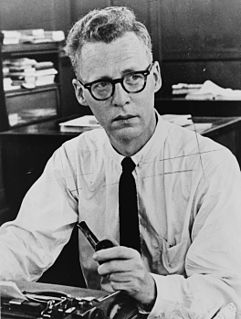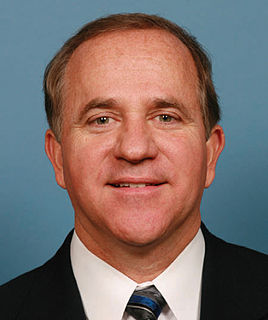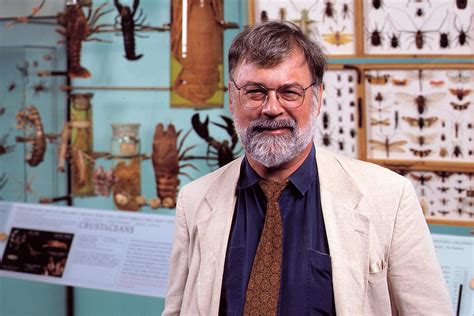A Quote by Murray Kempton
A revolution requires of its leaders a record of unbroken infallibility; if they do not possess it, they are expected to invent it.
Quote Topics
Related Quotes
Forgiveness must be immediate, whether or not a person asks for it. Trust must be rebuilt over time. Trust requires a track record. If someone hurts you repeatedly, you are commanded by God to forgive them instantly, but you are not expected to trust them immediately, and you are not expected to continue allowing them to hurt you.
I don't think I've invented anything. Henry Ford didn't invent the car, and Steve Jobs didn't invent the cell phone, and he didn't invent the digital revolution, but he could adapt, put things together in creative ways. So I think in what we do there's a lot of "let's try it and sees," whether it's a new color or a new style. But we didn't invent cosmetics or lingerie. How we market them - style, color - those are the things that we do, but it isn't pure creation. It's putting together ideas. I truly believe there's nothing really new in the world.
No one revolution up to now has brought all that was expected of it by the masses. Hence the inevitability of a certain disillusionment, of a lowering of the activity of the vanguard, and consequently, of the growing importance of the rearguard. [Joseph] Stalin's faction has raised itself on the wave of reaction against the October revolution.

































